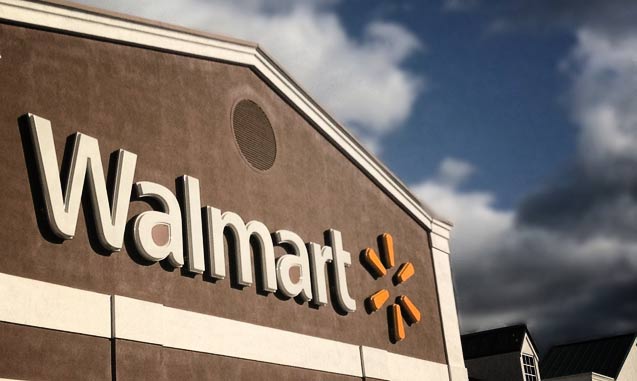
Support justice-driven, accurate and transparent news — make a quick donation to Truthout today!
The initiative also prohibits the city from purchasing Walmart bonds in the future.
On Thursday, May 15, the city of Portland got rid of $9 million, or 25 percent, of its investments in Walmart. This marks the beginning of a divestment program that will purge Portland’s investment portfolio of $36 million in Walmart bonds by 2016, according to a press release. The divestment plan is part of the city’s responsible investment initiative, introduced by City Commissioner Steve Novick, and adopted in October 2013. The initiative also prohibits the city from purchasing Walmart bonds in the future.
Portland is not only discontinuing its investments in Walmart, but has set up a committee to advise it on making socially responsible investments in the future. The committee will address issues like abusive labor practices, corruption, and health concerns, among other things.
During a press conference on May 15, Commissioner Novick encouraged other cities to adopt similar initiatives.
From what I can tell, no other U.S. city has looked at socially responsible investing in quite the same way as Portland. I’m hopeful other cities and states take note and adopt similar investment principles to hold companies accountable and align our investment policies with our values.
Meanwhile, the company’s net income fell 5 percent, and shares fell 2 percent, in the first quarter of 2014, failing to meet Wall Street’s expectations for the third time in five quarters.
Walmart blamed its poor performance on bad weather.
A terrifying moment. We appeal for your support.
In the last weeks, we have witnessed an authoritarian assault on communities in Minnesota and across the nation.
The need for truthful, grassroots reporting is urgent at this cataclysmic historical moment. Yet, Trump-aligned billionaires and other allies have taken over many legacy media outlets — the culmination of a decades-long campaign to place control of the narrative into the hands of the political right.
We refuse to let Trump’s blatant propaganda machine go unchecked. Untethered to corporate ownership or advertisers, Truthout remains fearless in our reporting and our determination to use journalism as a tool for justice.
But we need your help just to fund our basic expenses. Over 80 percent of Truthout’s funding comes from small individual donations from our community of readers, and over a third of our total budget is supported by recurring monthly donors.
Truthout has launched a fundraiser, and we have a goal to add 200 new monthly donors in the next 24 hours. Whether you can make a small monthly donation or a larger one-time gift, Truthout only works with your support.